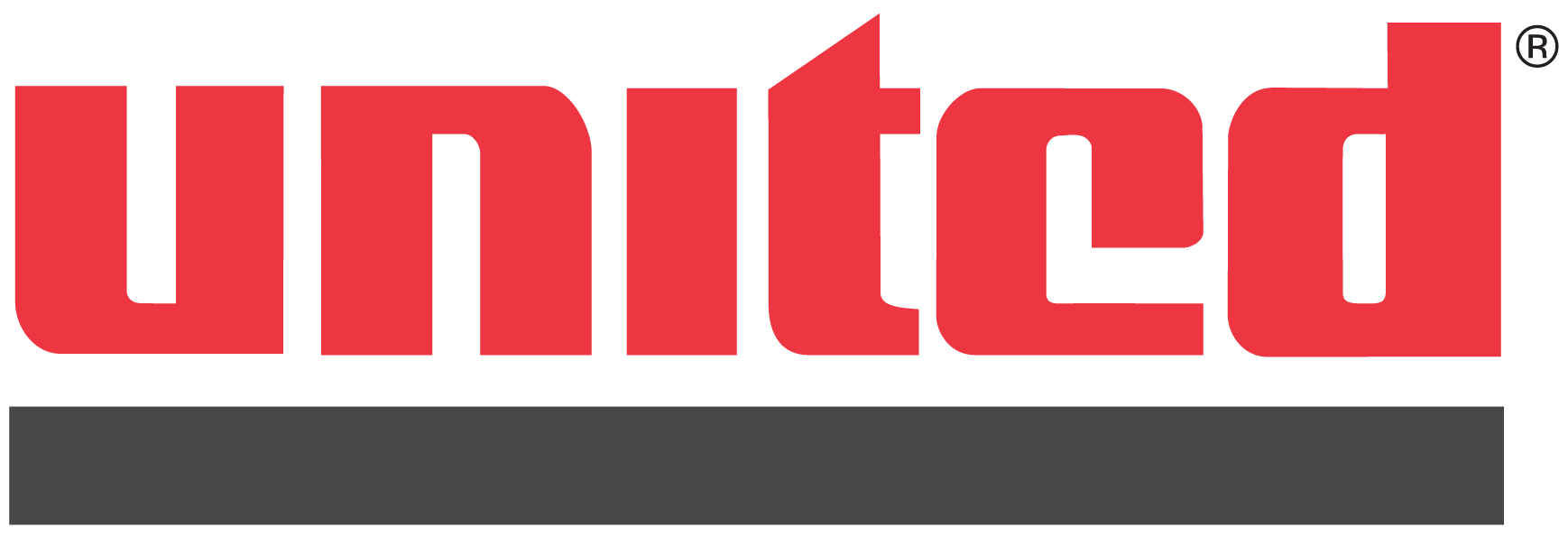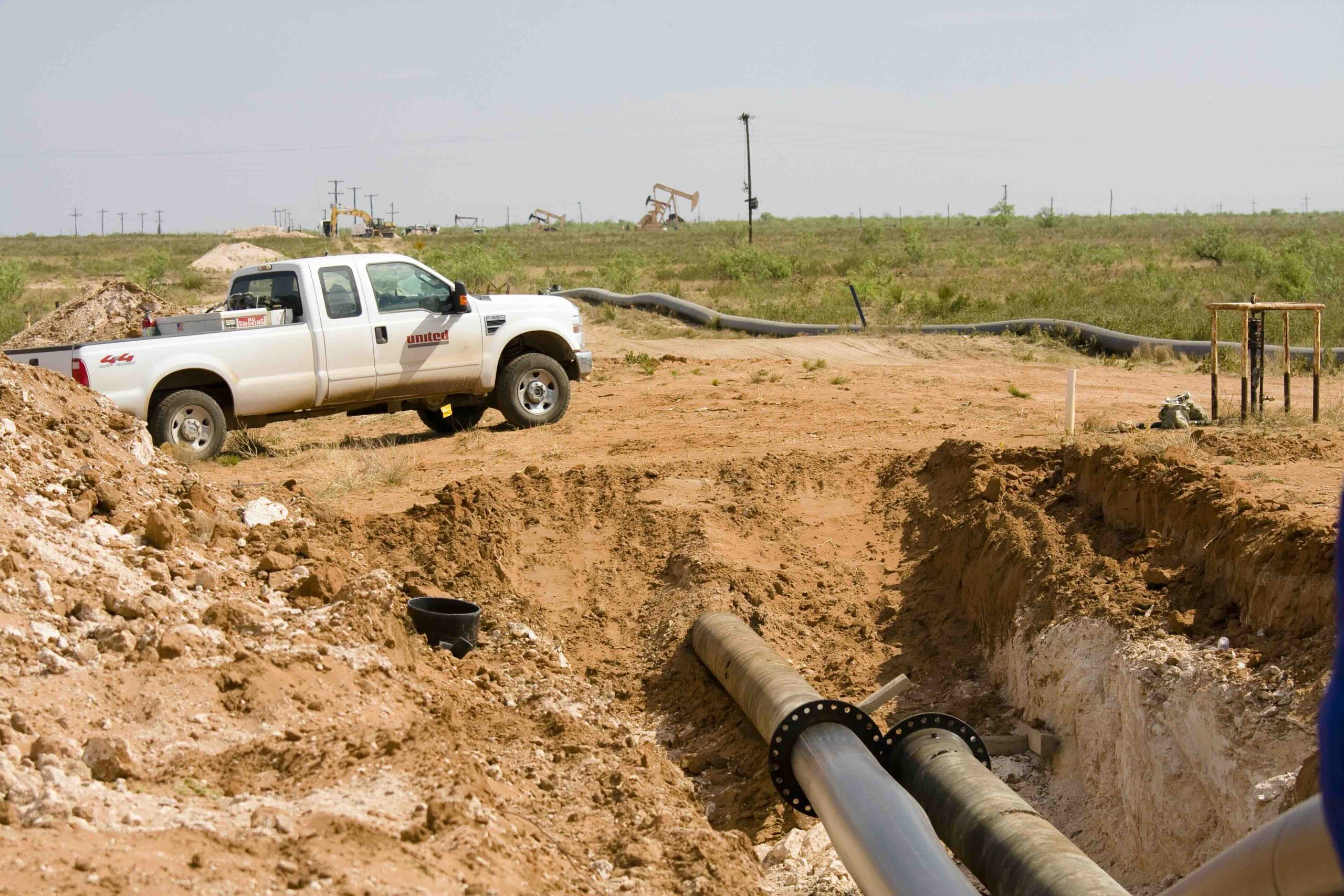Background
The Permian Basin is one of the most prolific oil and gas producing regions in the world, with extensive infrastructure required to transport produced water, a byproduct of hydrocarbon extraction. Produced water is highly corrosive, containing a mix of salts, chemicals, and hydrocarbons that can rapidly degrade unprotected steel pipelines. This corrosion not only leads to increased maintenance costs and pipeline downtime but also poses significant environmental risks in the event of a leak.
Operators tasked with moving and re-injecting produced water in the Permian struggled with finding an effective corrosion mitigation solution. Traditional methods, such as chemical inhibitors and protective coatings, have proven inadequate over time, leading to the exploration of more durable alternatives.
Solution Implementation
To address the corrosion challenges, United Pipeline Systems developed the Tite Liner® System. Installation of the Tite Liner® System can be done with new or existing lines and involves temporarily reducing the outside diameter of the oversized HDPE liner pipe while simultaneously pulling it through the “host” pipe. Once in place, the HDPE automatically expands, ensuring a tight fit against the steel walls, creating a seamless internal barrier. These systems have been successfully used in the Permian for over twenty years.
Results
The implementation of compression fit HDPE liners in the Permian Basin produced water pipelines yielded several significant benefits:
- Corrosion Prevention: The HDPE liners effectively isolated the steel pipelines from the corrosive produced water, eliminating the risk of internal corrosion.
- Extended Pipeline Lifespan: By preventing corrosion, the HDPE liners significantly extended the service life of the steel pipelines, reducing the need for frequent repairs or replacements.
- High Pressure Rating with the Benefit of HDPE: Since the host pipe contains the HDPE liner, pressure ratings of the steel pipelines are preserved, allowing for high pressure service with HDPE improved flow characteristics and corrosion protection.
- Operational Efficiency: The reduced need for maintenance minimized operational disruptions, leading to improved reliability and lower overall costs for the client.
- Environmental Protection: The risk of produced water leaks was greatly diminished, enhancing environmental safety and compliance with regulatory standards.
Conclusion
The use of compression fit HDPE liners in the Permian Basin’s produced water pipelines has proven to be a successful strategy for combating corrosion. This solution not only ensures the longevity and integrity of the steel pipelines but also offers economic cost savings and environmental advantages. By implementing this technology, United Pipeline Systems has helped to set a new standard for pipeline protection in one of the most challenging environments for the oil and gas industry.
This case study underscores the value of HDPE liners as a robust and reliable solution for produced water pipelines, and it positions UPS as a leader in innovative pipeline protection strategies.

